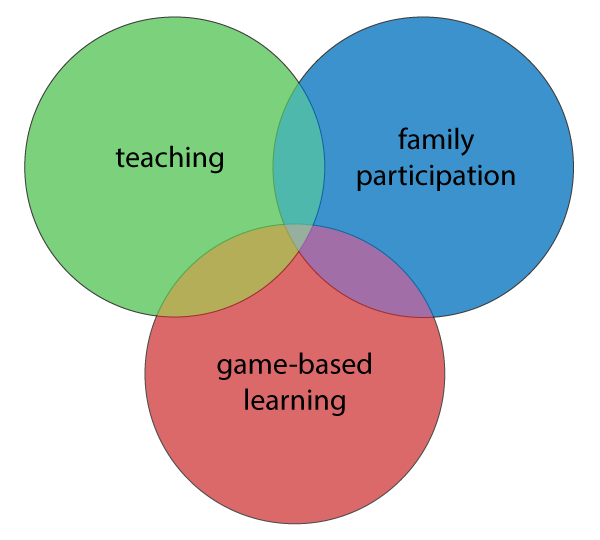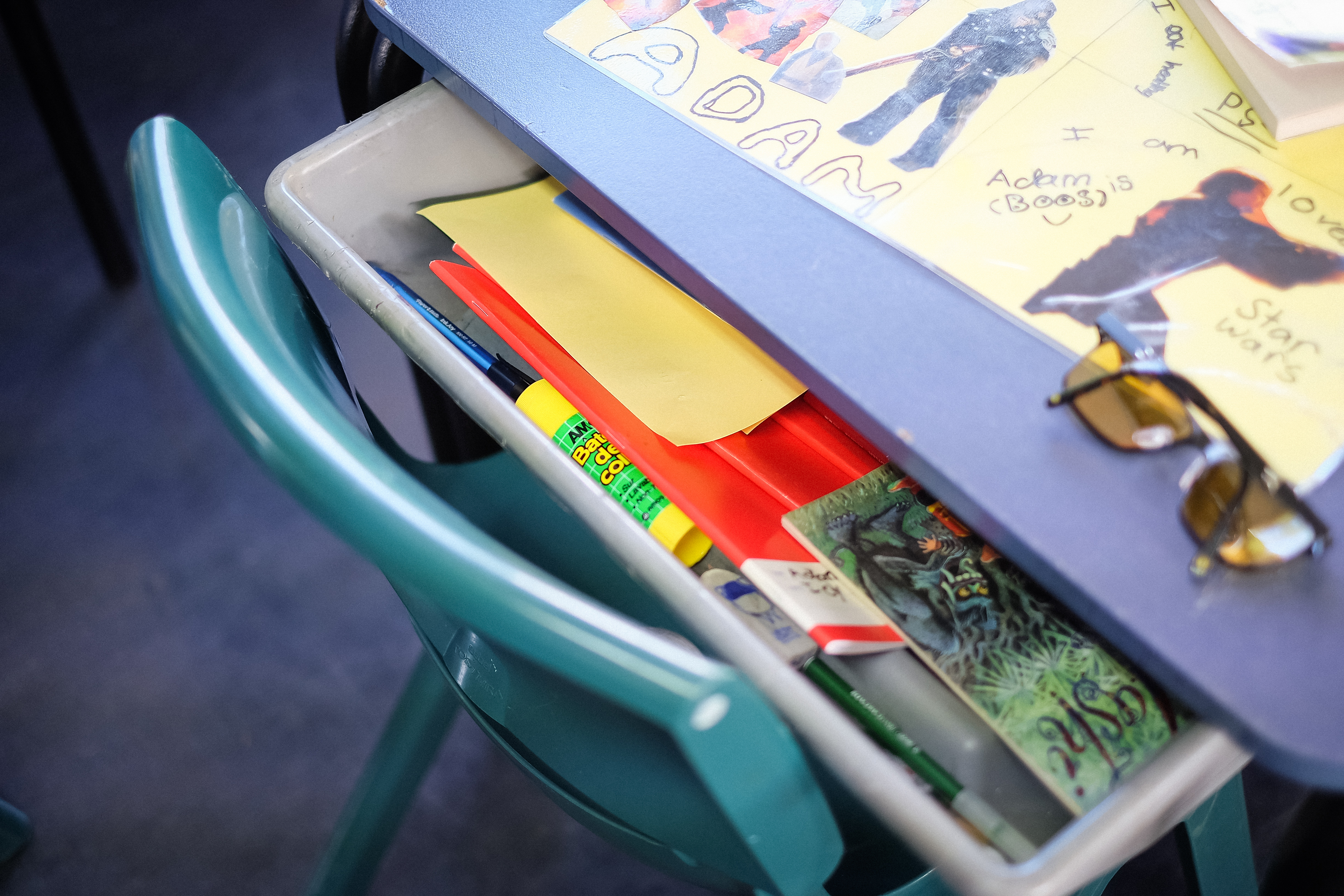 Developing in Digital Worlds is a four-year study conducted by the Woolf Fisher Research Centre at the University of Auckland and is funded by the Ministry of Business, Innovation and Employment (MBIE). It is the first study in the world to identify links between teaching, family participation and game-based learning to promote educational outcomes and equity. The project started in 2014 and is due for completion by June 2019.
Developing in Digital Worlds is a four-year study conducted by the Woolf Fisher Research Centre at the University of Auckland and is funded by the Ministry of Business, Innovation and Employment (MBIE). It is the first study in the world to identify links between teaching, family participation and game-based learning to promote educational outcomes and equity. The project started in 2014 and is due for completion by June 2019.
The study is a three-phase project involving early childhood, primary and secondary schools, teachers, students and their parents or caregivers. With youth educational outcomes and equity as its aim, the study will test how to promote achievement and participation in the digital world at school and out-of-school through cognitive and social development. This new knowledge will inform ways to accelerate national achievement through digital environments, in English, maths and science for ages 4-17 years, and in Māori contexts.
The research aims to answer three questions about cognitive and social development in digital environments:
How does participation in the digital world influence children’s cognitive and social development?
What skills, knowledge and capabilities do children need to manage, engage and benefit from participating in the digital world?
How can family, educators and society effectively support children’s involvement in the digital world?
The three components which are predicted to influence children’s social and cognitive skills are captured in the project’s three research strands: instructional properties; family guidance; and digital tools (games).
Who is involved?
The Developing in Digital Worlds study involves teachers, students, parents and whānau. Because one of our core aims is to understand the relationship between learning within digital environments, teaching and family participation, we are collecting data from a range of people. So far, we have observed teacher lessons, gathered data about student achievement, taken samples of student blogs and collected questionnaire responses from teachers, students, parents and caregivers. The schools that are involved include one “early adopting” school cluster and two “later adopting” school clusters (English and Māori medium). You can meet the researchers and see their profiles in the Project Team section.
Where is the project up to now?
We are currently in Phases Two and Three:

Phase One, which began in July 2015 and was completed in April 2016, profiled the nature of students’ cognitive and social development in digital environments. It addressed research questions one and two: how participation in the digital world influences children’s cognitive and social development, and what skills or knowledge children need in order to engage in and benefit from participating in the digital world. During this phase, we:
- gathered data about student achievement
- observed teachers’ lessons
- took samples of student blogs
- collected questionnaires from teachers, students, parents and caregivers
Phase Two continues to test how to promote achievement and participation in the digital world at school and out-of-school through “21st century” cognitive and social skills development. Specifically, Phase Two addresses how family, educators and society can effectively support children’s involvement in the digital world by examining the variability in levels and trends from Phase One. This phase began in July 2017 and will end in December 2018.
Phase Three is focused on disseminating the findings of the study to national networks including:
- school boards of trustees
- Communities of Learning (CoLs)
- parent communities
- education trusts for our participating clusters of schools
- Māori and Pasifika advisory groups and community networks
- Ministry of Education
 Direct knowledge transfer will also be delivered through initial teacher education and professional development at the University of Auckland. As part of the knowledge transfer process, researchers will polish and package the game-based and assessment tools associated with Phase Two, and include examples of effective use in teaching and parent programmes. Phase Three starts in October 2017 and ends in December 2018.
Direct knowledge transfer will also be delivered through initial teacher education and professional development at the University of Auckland. As part of the knowledge transfer process, researchers will polish and package the game-based and assessment tools associated with Phase Two, and include examples of effective use in teaching and parent programmes. Phase Three starts in October 2017 and ends in December 2018.
In sum, through analysis of baseline data, researchers and schools will develop understandings about the relationships between 21st century skills, digital innovation and the associated outcomes for students. Schools that use the data will then be in a position to self-improve by taking action most likely to result in changes for skills and achievement.
Further questions
If you have further questions, they may be answered in our Frequently Asked Questions section. You are also welcome to contact the researchers directly if you would like more information.
